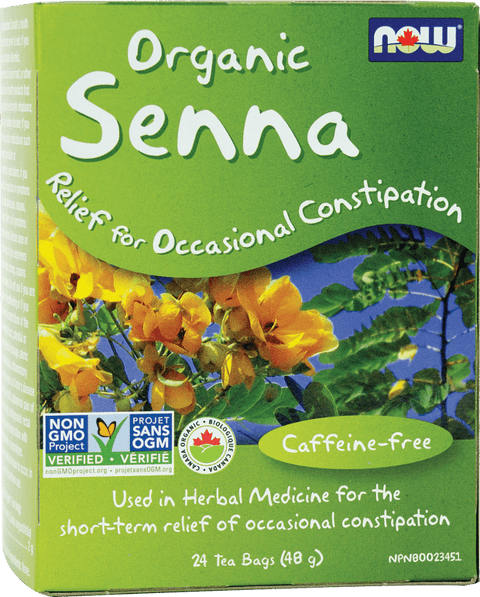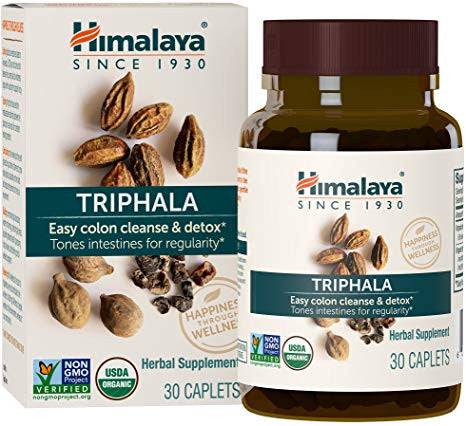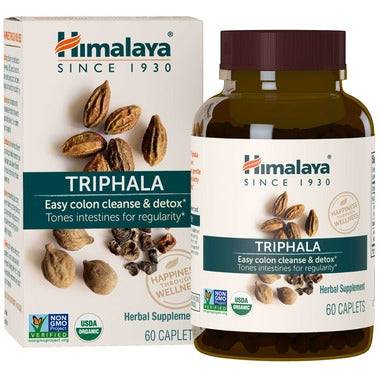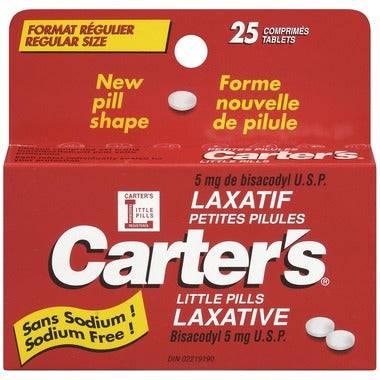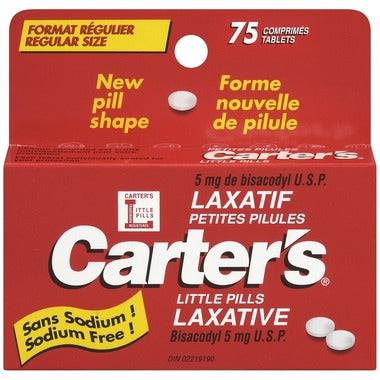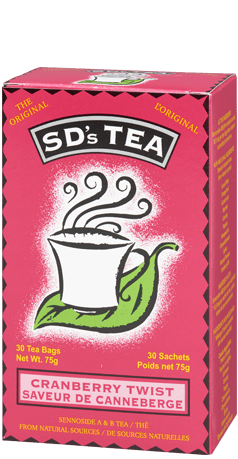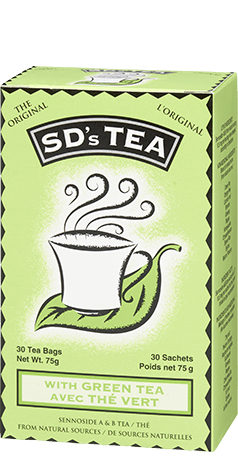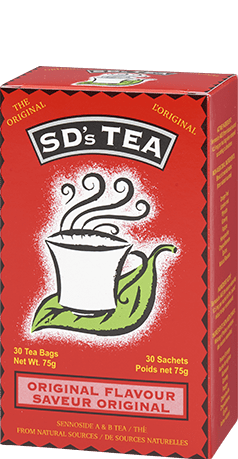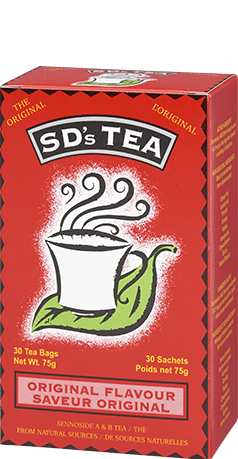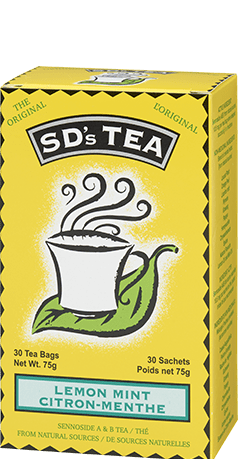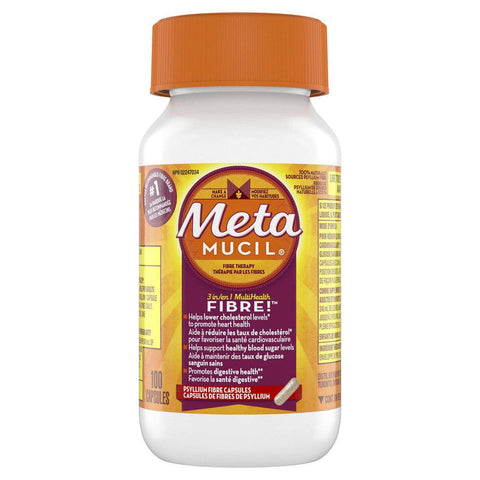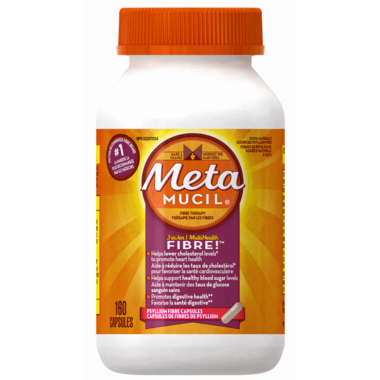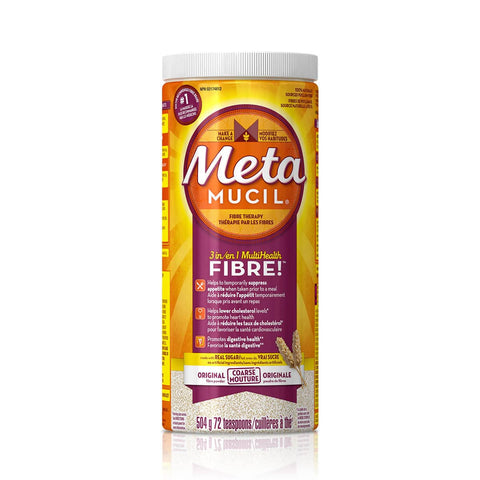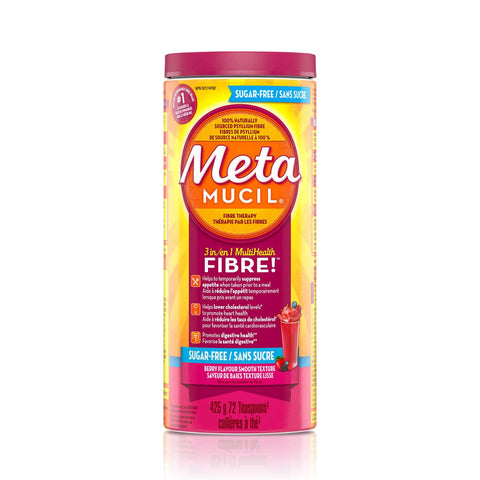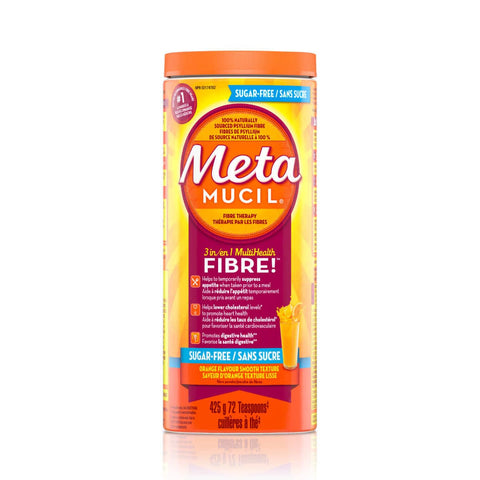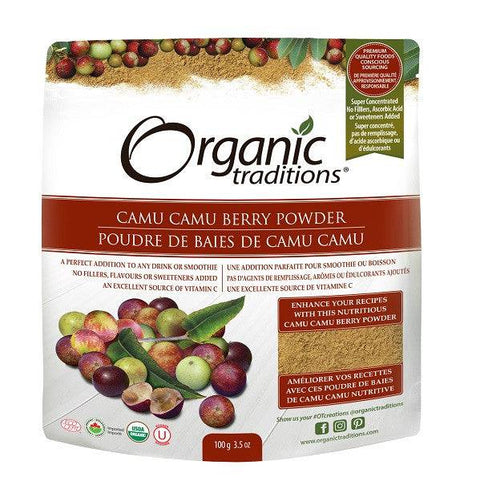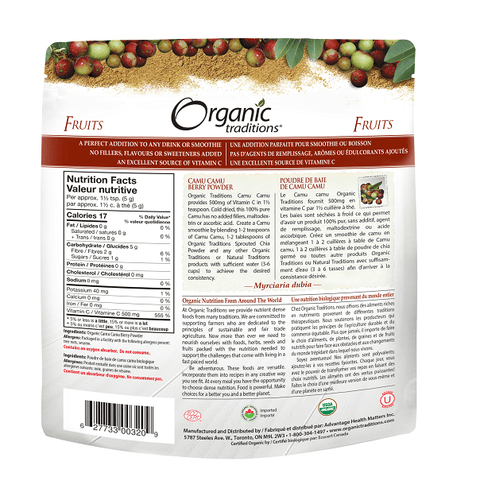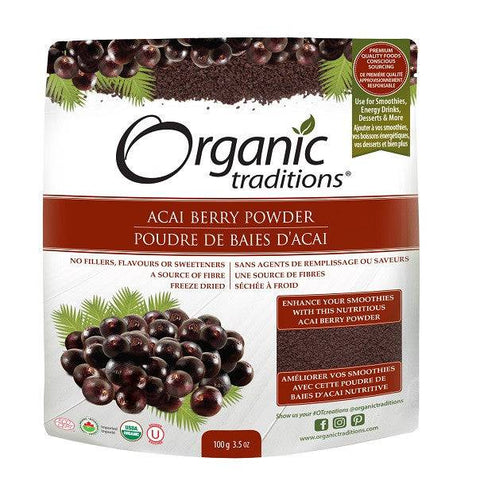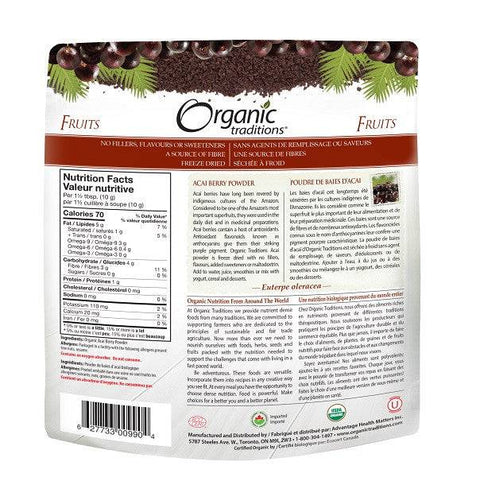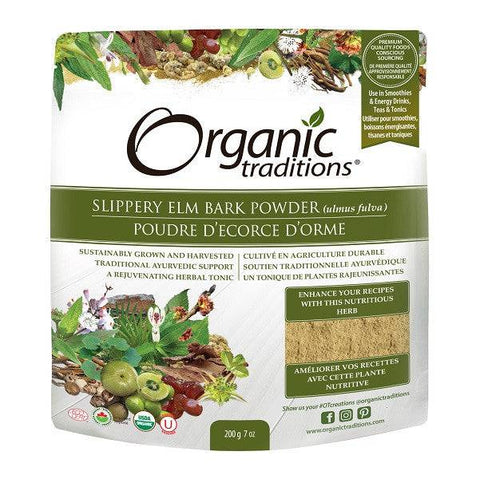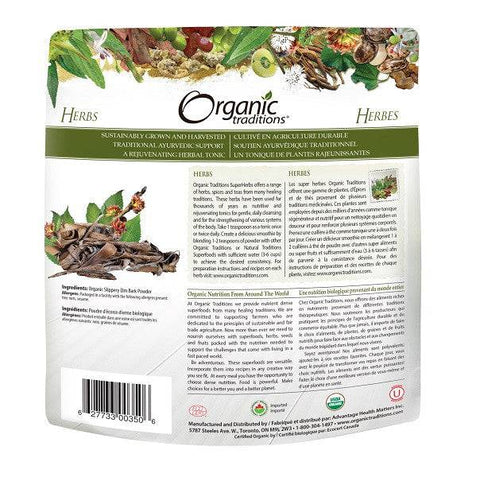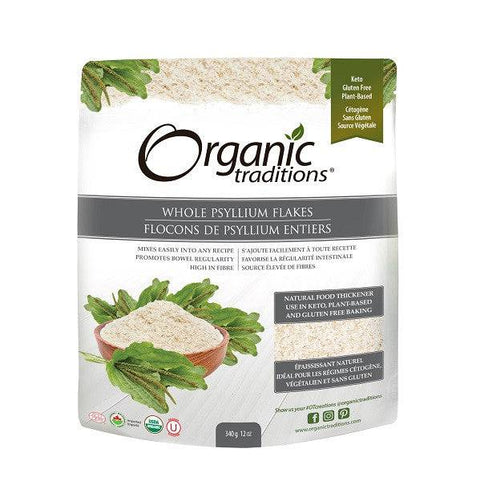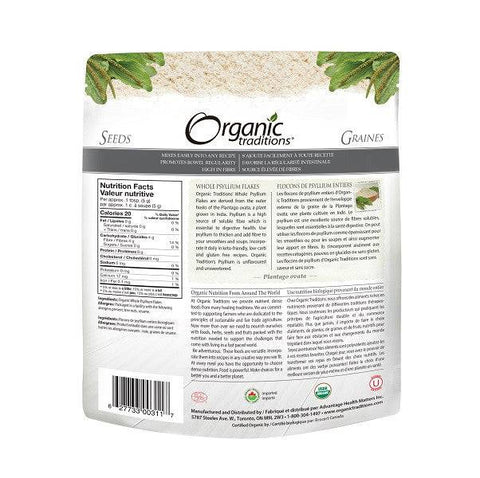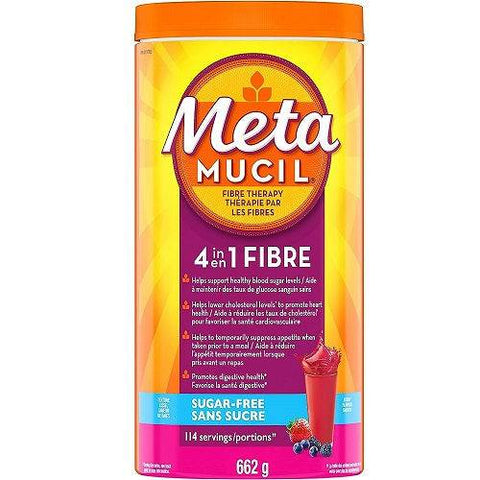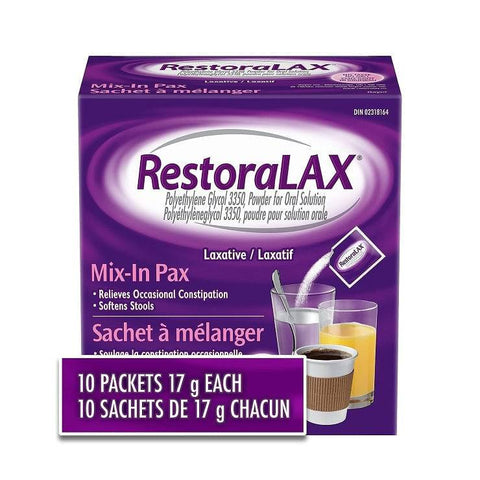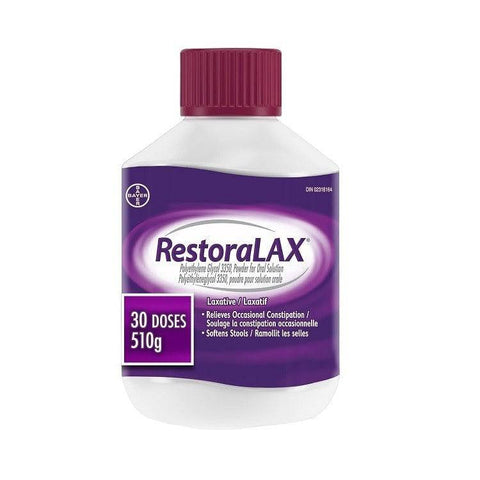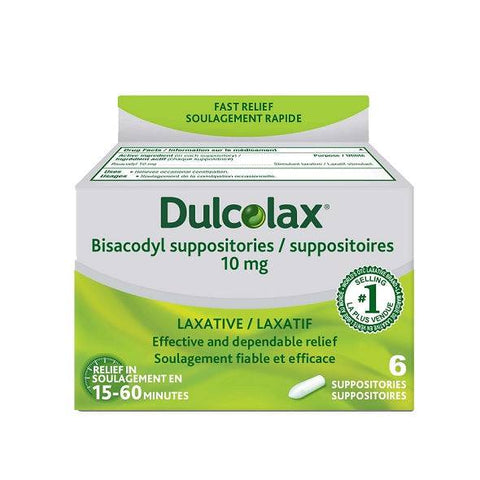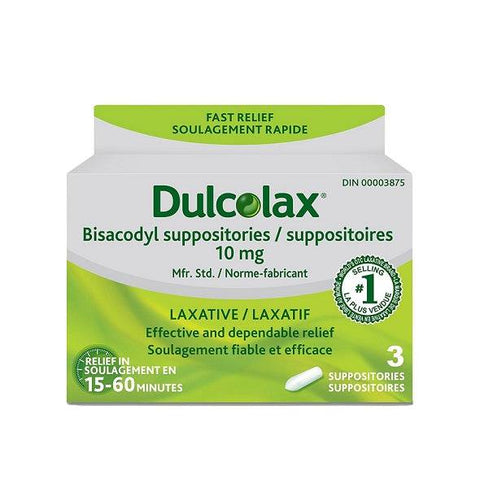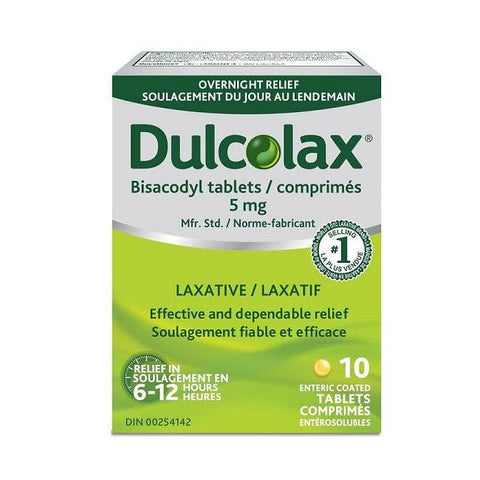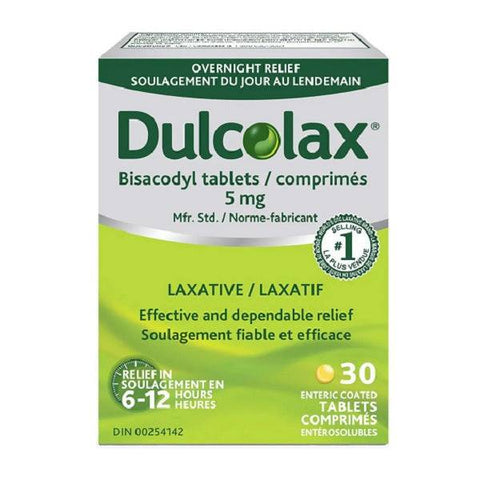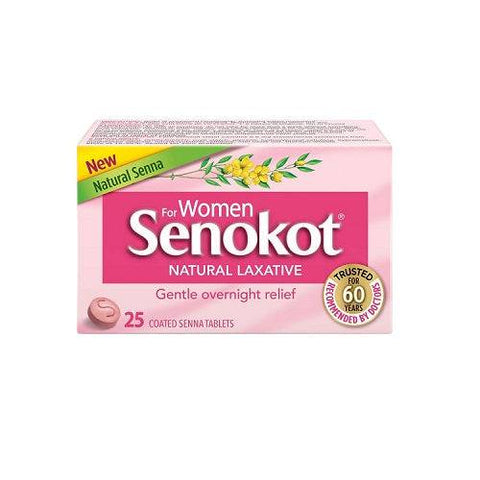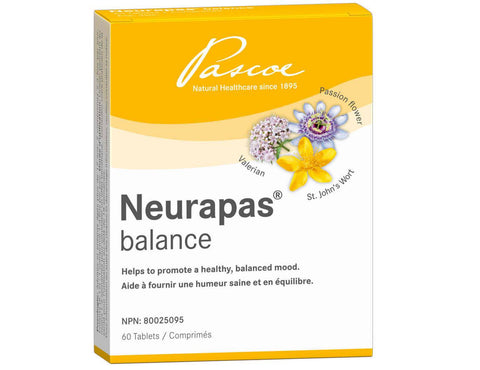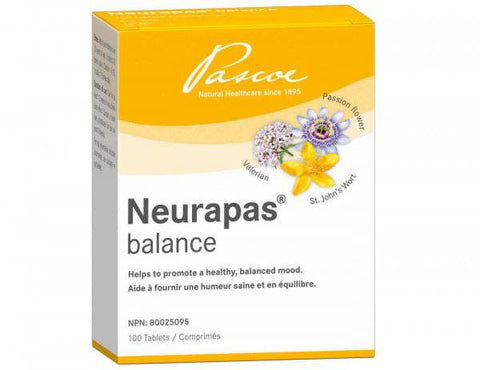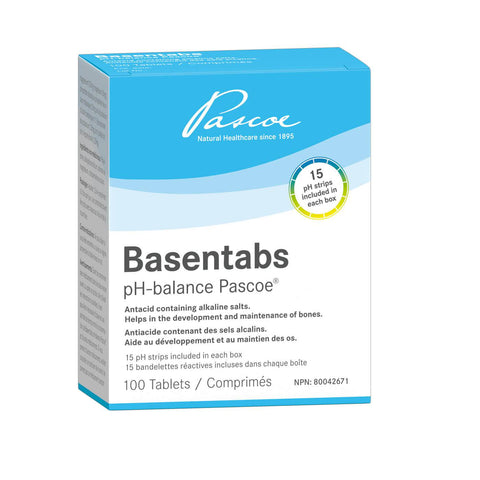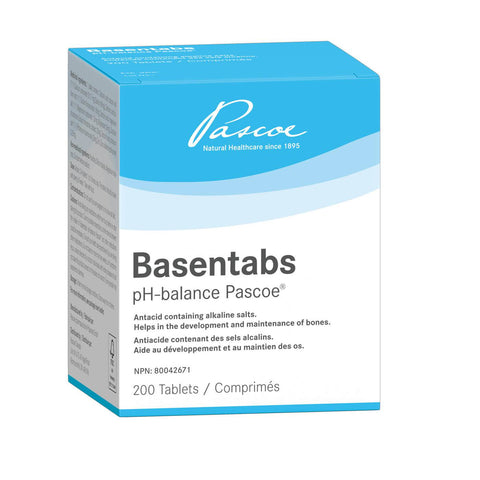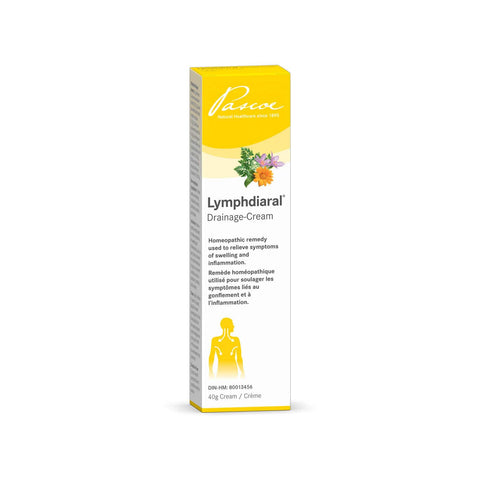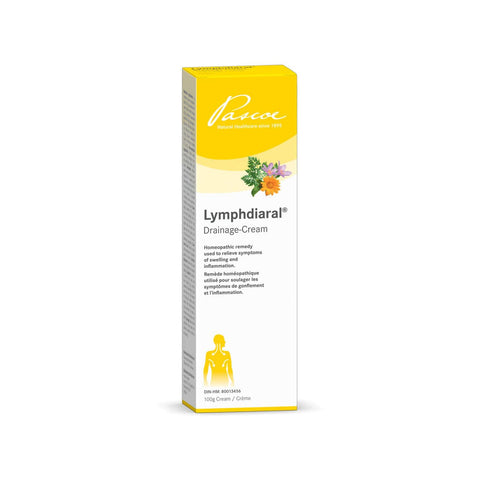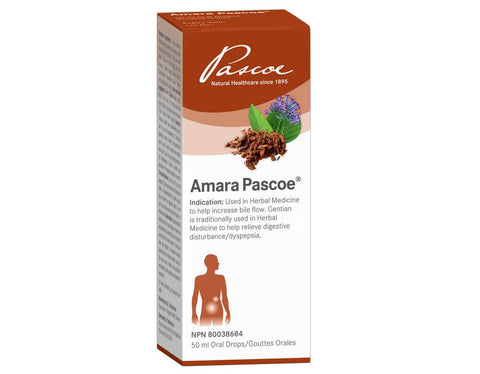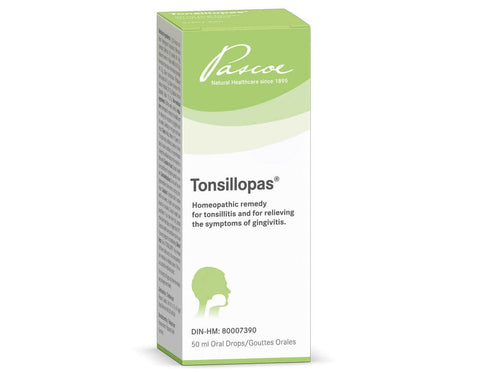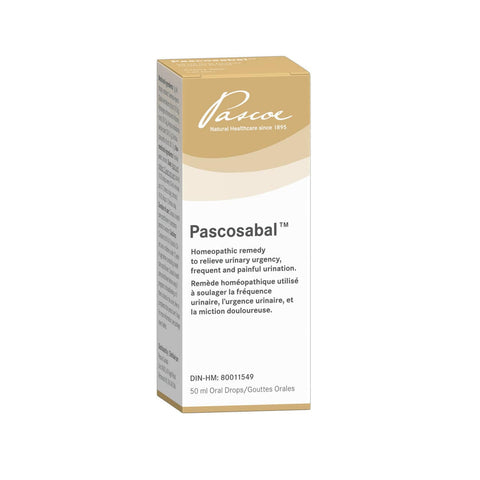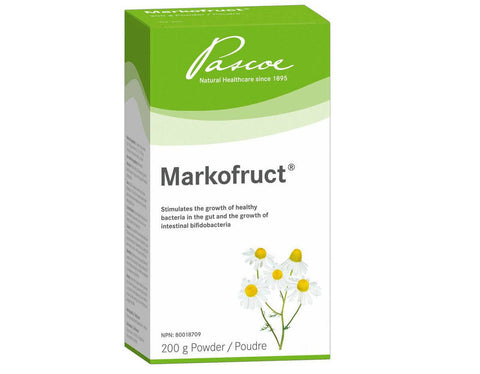Pascoe Legapas 45ml
- Canada 1-10 business days after your order leaves the warehouse and is dependent on your region.
- United States 4-14 business days after your order leaves our warehouse.
For more info, visit our shipping page.
It is important to us that you are satisfied with the items you receive. We now provide refunds for products that are returned within 60 days of the order date. *
* Exceptions apply. Please review product return exceptions and guidelines
Pascoe Legapas 45ml
Herbal Solution for Constipation
There are few things more frustrating than feeling backed up and constipated. Legapas 45ml drops is Pascoe's herbal laxative used to help relieve your acute or chronic constipation. Legapas is a stimulant laxative and softens stool to alleviate symptoms associated with constipation and digestive disturbances. Legapas will help with symptoms such as straining to have a bowel movement, lumpy or hard stools and passing fewer than three stools a week. It can also be used in cases of bloating and feeling as though you have had an incomplete bowel movement.
Natural Laxative for Constipation
- TRADITIONALLY USED AS A LAXATIVE - Cascara Sagrada is a plant that has been used as a laxative and bowel and digestive support for generations. It is an important aspect of traditional medicine, and it is still effective in today's society.
- CASCARA SAGRADA - Cascara Sagrada (rhamnus purshiana) is a laxative, bowel tonic, and bitter buckthorn bark. It is a mild tonifying laxative that helps support and accelerate bowel function. When taken seldom for acute constipation, it has been demonstrated to be safe.
- NATURALLY SOURCED MEDICINAL Compounds – Legapas is made up of medicinal ingredients derived from the cascara sagrada plant's bark. To ensure the highest quality activity in the goods, these pure, medicinal-grade extracts are employed, and they are standardized to the component of the plant that supports bowel movement.
- GENTLE STRENGTH LAXATIVE – Cascara Sagrada is a stimulating laxative with a gentle action. It works more slowly than other laxatives like docuset and senna, promoting bowel and intestinal function while also supporting these systems. It provides timely relief of constipation.
What is Cascara Sagrada Laxative
Cascara Sagrada (rhamnus purshiana) is a type of buckthorn bark that is used as a laxative, bowel tonic and bitter:
A mild tonifying laxative that aids in the support and stimulation of bowel function. It is a stimulating laxative, despite the fact that it is one of the gentler laxatives. This is due to the presence of a compound known as anthroquinone glycosides. This cascara component helps to relieve the symptoms of occasional, acute constipation by stimulating bowel function.
It relieves the symptoms of constipation, including bloating, in a quick and effective manner. It also has some bowel toning properties, which means it supports the bowel's function while also stimulating it. It is not recommended for long-term use, but it can be very effective as a one-time supplement.
Dosage
Adults and children over the age of 12 should take 0.9-1.5g (30-50 drops) in half a cup of hot water once a day in the mornings or evenings.
Duration of use
Use for no more than 7 days.
Direction of use
Allow 6–12 hours for the laxative effect to take effect. A maximum daily dose of 50 drops is allowed. The lowest dose required for soft, formed stools is the appropriate dose for a given patient.
Cautions:
Do not use with abdominal pain, nausea, fever, vomiting, hemorrhoids. Do not use if taking thiazide diuretics, corticosteroids, licorice root, or other drugs that may aggravate electrolyte imbalance. Do not use in pregnancy or breastfeeding.
Do not use within 2 hours of another medicine. Use caution in a patient with a kidney disorder or who are taking heart medications. Reduce dose or discontinue use if abdominal cramps, spasms, and/or pain occur.
Side effects:
Very rarely cramp-like gastrointestinal symptoms; in these cases, the dose will have to be reduced. Harmless discolouration of your urine may occur. Prolonged use or use of higher doses (abuse) may cause disturbances of the water and electrolyte balance. Diarrhea may lead to potassium loss in particular. Potassium loss, in turn, may give rise to disorders of heart function and muscle weakness, especially if cardiac glycosides (drugs that strengthen the heart muscle), diuretics (drugs that increase urinary output), and/or cortisone and cortisone-like drugs (adrenal cortical steroids) are being taken concomitantly. Prolonged use may lead to excretion of protein and blood in the urine. Patients may also experience discolouration of the intestinal mucosa (pseudomelanosis coli), which usually resolves upon discontinuation of the product.
Interactions:
Chronic use or abuse may lead to potassium deficiency and thus increase the effects of certain drugs that strengthen the heart muscle (cardiac glycosides) and interfere with the effects of drugs for heart rhythm disturbances (antiarrhythmics). Potassium loss may be increased by the concomitant use of certain drugs that increase urinary output (diuretics), cortisone and cortisone-like drugs (corticosteroids) or licorice root.


